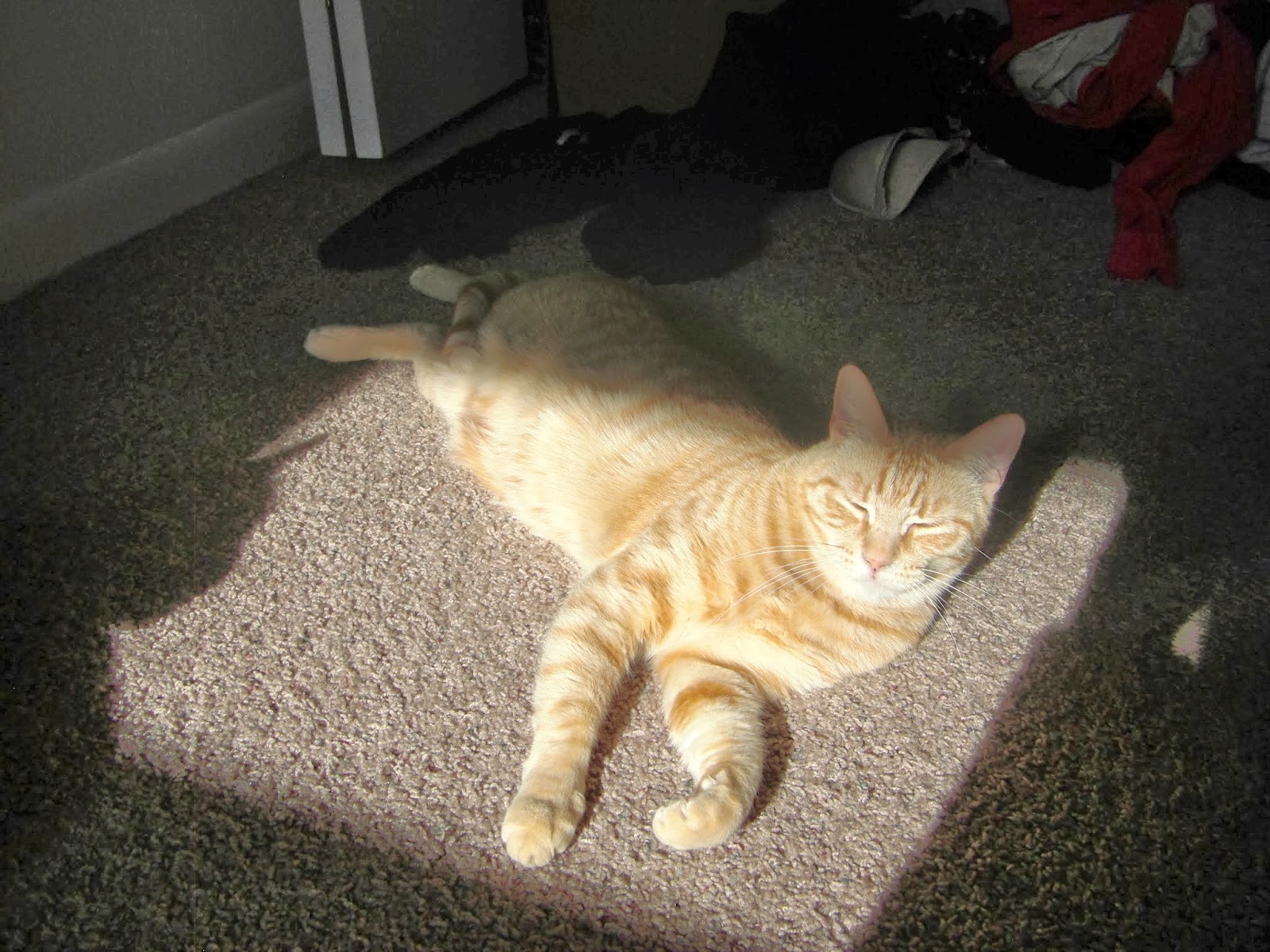First of all, this stereotype of the opera singer as a non-glamorous performer is simply not based in reality. Back in the early days of the moving picture, Geraldine Farrar was a beloved silver screen star with name recognition on par with Rudolph Valentino. Of course, at the time, opera singers were the popular singers, if for no other reason than that they were the people getting recorded back in the earliest days of the phonograph. And as recently as the 50s, we have icons like Maria Callas, of whom Camille Paglia claims stood in as a modern substitute for ancient fertility goddesses. We should all feel free to disagree with Camille Paglia, but La Divina did have her fame, fortune, and audience worship.
This isn't to say that it's not a good thing for an opera singer to speak out against rampant stereotyping. Stereotypes are bad. I would, however, prefer it if La de Niese was more accepting as fatness as a thing rather than being so eager to equate opera with Beyoncé. The article actually does address that larger body types in opera do happen, with a large school of thought that says this is necessary for the voice. With a quote from Dame Kiri te Kanawa and an acknowledgment that some opera singers do face fat discrimination. Which is awful. People who create beauty are beautiful. I deeply believe this. Our opera singers represent beauty in a glittering beautiful staged world, and they are beautiful. I am going to take a minute here to share my current fangirl crush and smalltown Georgia lady, Jamie Barton, kicking ass at the Cardiff singer of the world competition. You cannot tell me she is not beautiful and glamorous.
At least the other quoted people in the article are both more sensible, and have more power over an opera production than this diva. Kasper Holten, director of the royal opera, says "it’s not so much about being super slim and looking good on a superficial level, as having charisma and the ability to add colour to their voice,” he said. “If they feel good about their body and are comfortable, they can express themselves on stage.” Yes. That.
Back to La de Niese's statement that opera is 'just like any other music' and her performances 'could be Beyoncé; show.' No. If I wanted to go to a Beyoncé show, I would be going to Beyoncé shows, but I don't. I am the person who shows up at an opera house in an evening gown and long gloves and orders champagne for the intermissions. Beyond a glamorous ambience, I go to opera because I want to hear glorious music that has withstood the test of time, performed by people spend their lives training their voices to high levels of technical ability. When the non-operatic popular singers can sing bel canto with a full orchestra and not necessarily microphones, I may agree that opera is just like popular music, but until then, I will maintain that the coloratura soprano performing Mozart is superior musically to Beyoncé and company. Viva Sumi Jo.
La de Niese is correct on one account, she correctly points out that opera was originally for the masses, and like the majority of human art, is "about love, lust, relationship, betrayal; all things we can relate to today." I would probably have just said that opera is about sex and death, but this works too. She is also correct in that people don't necessarily know how to approach opera, or classical music in general, really. I have noticed that some people, not familiar with the genre, come to opera not knowing anything about it, sit in pious churchlike, noninteractive silence expecting to be magically transported to heights of classical music-induced ecstasy, and then complain the music is boring. One would really never approach any other kind of music this way. To get back to the Beyoncé comparison, I'm assuming all her fans show up at her concerts knowing everything she is going to sing very familiarly and fully prepared to sing along. They also know personal details about Beyoncé and feel a connection with her. As humans, we like things we are familiar with and opera is no exception. Most people will probably like it better when they know the music and know things about the composers.
I think La de Niese is probably trying to do something good, but I think she is going about it the wrong way. Enough with the fat shaming, and let's have a little more respect for the musical excellence of opera as compared with the contemporary popular singers of the U.S. Even as a marketing strategy, this is not good. Opera is not good because it is just like something else, it is good on its own merits.













